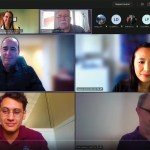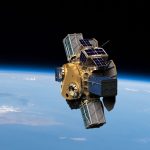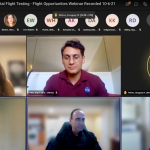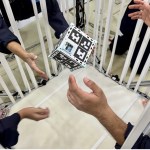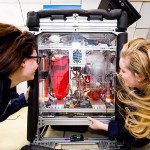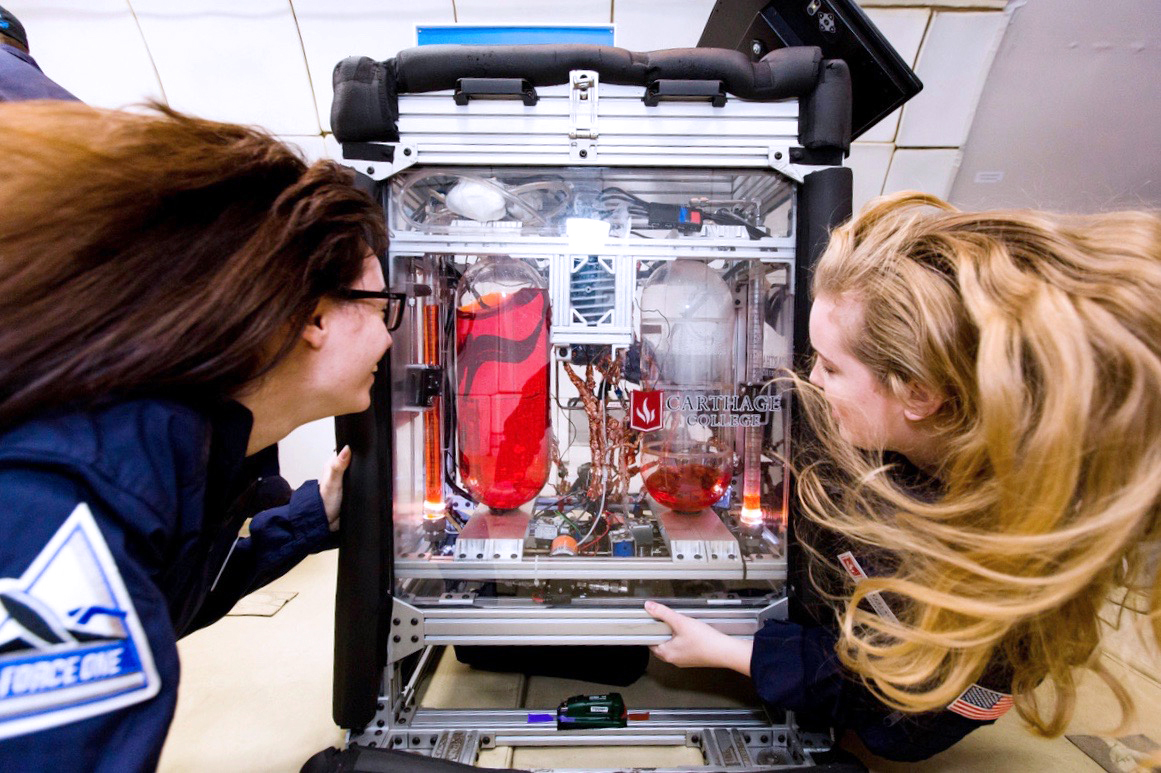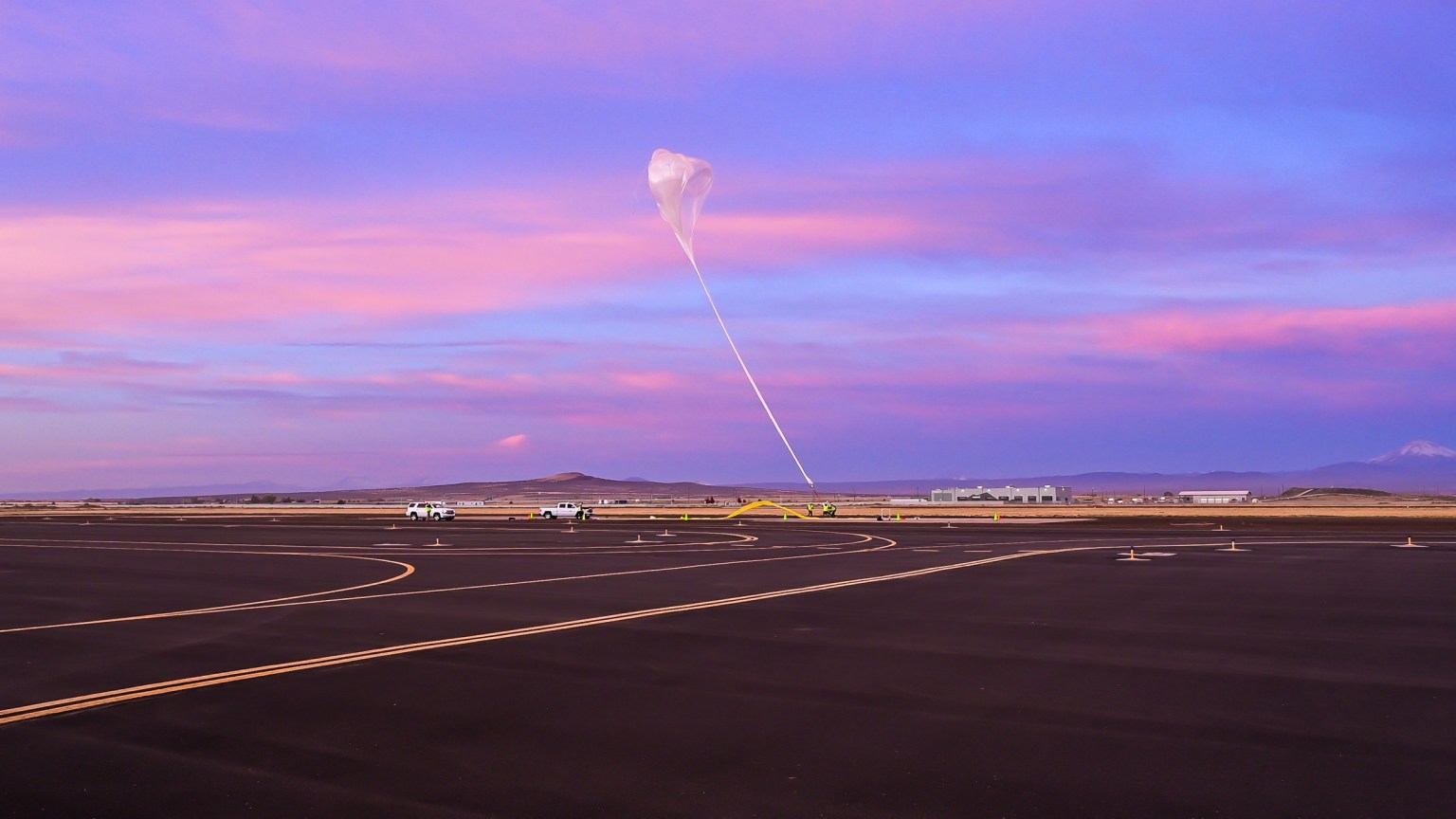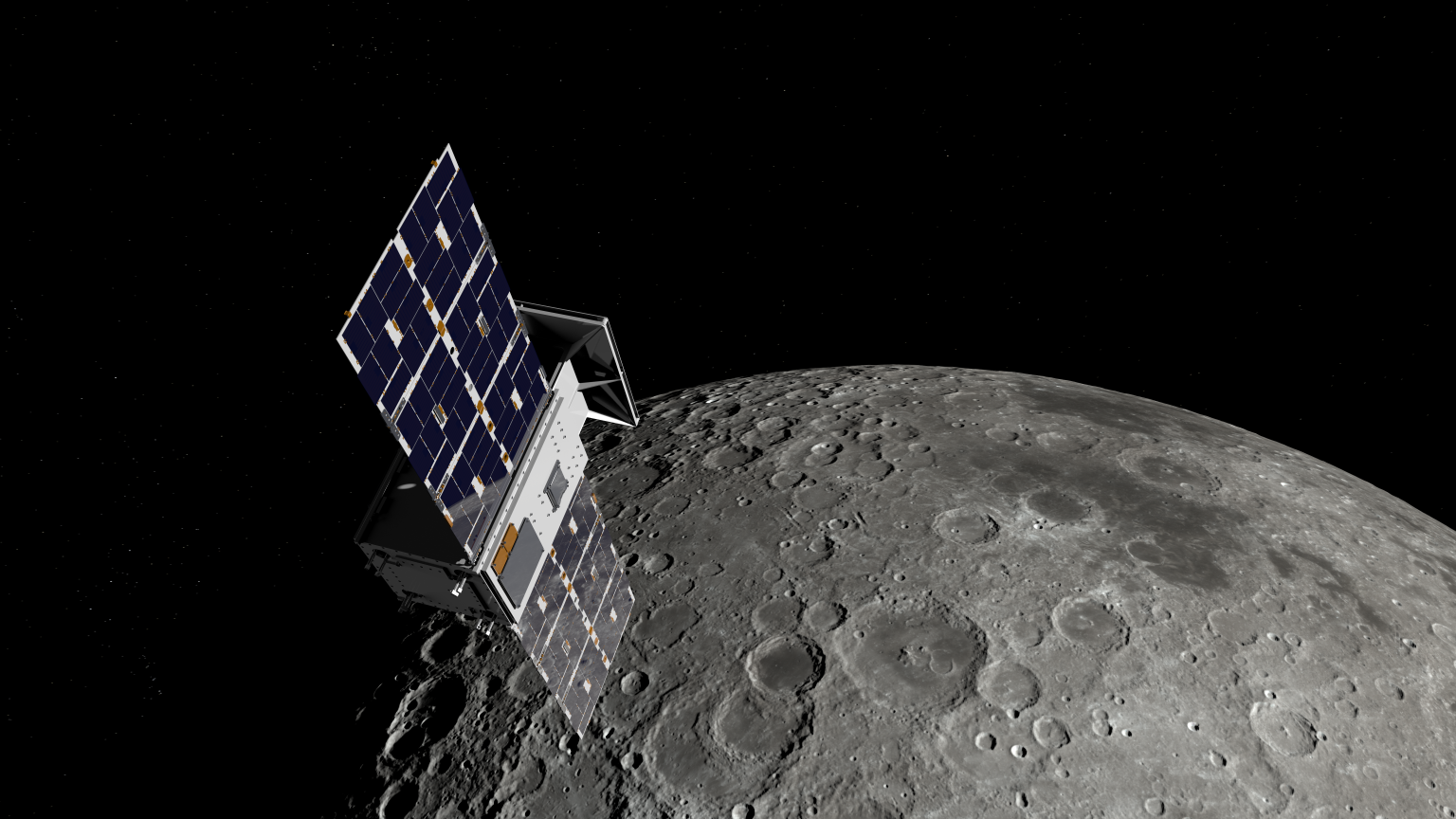FLIGHT OPPORTUNITIES COMMUNITY OF PRACTICE WEBINAR
Advancing Technologies Through Flight Tests Over a Simulated Lunar Surface
NASA TechLeap Prize: Nighttime Precision Landing Challenge
November 6, 2024
Speakers
- Sean Bedford, Director of Business Development, Astrobotic
- Peter J. Jorgensen, Ph.D., Director of Engineering, University of South Florida Institute of Applied Engineering
- Michael Klug, President and CEO, Falcon ExoDynamics, Inc.
- Zachary Gaines, Co-Founder, PRISM Intelligence; Director of Operations, Bronco Space Club, California State Polytechnic University, Pomona
Abstract
This webinar is a conversation about the NASA TechLeap Prize’s Nighttime Precision Landing Challenge and the recent flight tests of the winning technologies over a simulated lunar surface constructed by Astrobotic. The challenge sought to advance the affordability and reduce the complexity of precision landing capabilities to deliver spacecraft to safe landing locations, particularly when the terrain is hazardous and lighting conditions are challenging. In a discussion moderated by Flight Opportunities personnel, Astrobotic as well as the three challenge winners will discuss the flight tests and explore lessons learned and what comes next.
Speaker Bios
Sean Bedford is Astrobotic’s director of business development with primary responsibility for its Propulsion & Test department portfolio, including the Xodiac and Xogdor vertical takeoff vertical landing reusable rockets, rotating detonation rocket engine development, and test services on its hot fire rocket test stands. Prior to joining Astrobotic, Sean served as general counsel for Masten Space Systems and an intellectual property attorney for the law firms of Alston & Bird and Finnegan. He holds a B.S. in aerospace engineering from the Georgia Institute of Technology and a J.D. from the University of Florida.
Peter Jorgensen earned a B.S. and M.S. in mechanical engineering, focusing on guidance, navigation, and controls theory and applications for autonomous planetary landing spacecraft. Peter completed his Ph.D. in electrical engineering at the University of South Florida (USF) after researching on-board autonomy for large networks of distributed systems. He is the director of engineering for the USF Institute of Applied Engineering, where he leads teams of engineers and students through experimentation and applied engineering research.
Michael J. Klug has over 25 years of experience providing technical and management leadership on complex space mission system design and development programs as well as operations, with expertise in on-board and ground-based processing systems. He is the CEO and president of Falcon ExoDynamics, which supports multiple programs for U.S. government agencies and commercial customers. Michael received his B.S. in computer engineering from Purdue University and an M.S. in software engineering from the University of Southern California.
Zachary Gaines is an engineer and entrepreneur with a strong foundation in space and geospatial technologies driven by artificial intelligence (AI). In his role as director of operations at Bronco Space Lab, he oversees research into an array of advanced space technologies, including two NASA TechLeap Prize-winning projects. As principal investigator for MoonFALL, Zachary has led the team’s development of a lunar terrain mapping technology combining structured light and lidar. With a track record of successful NASA collaborations and innovative projects, he brings deep expertise in satellite engineering, systems integration, and space-based AI applications.



























